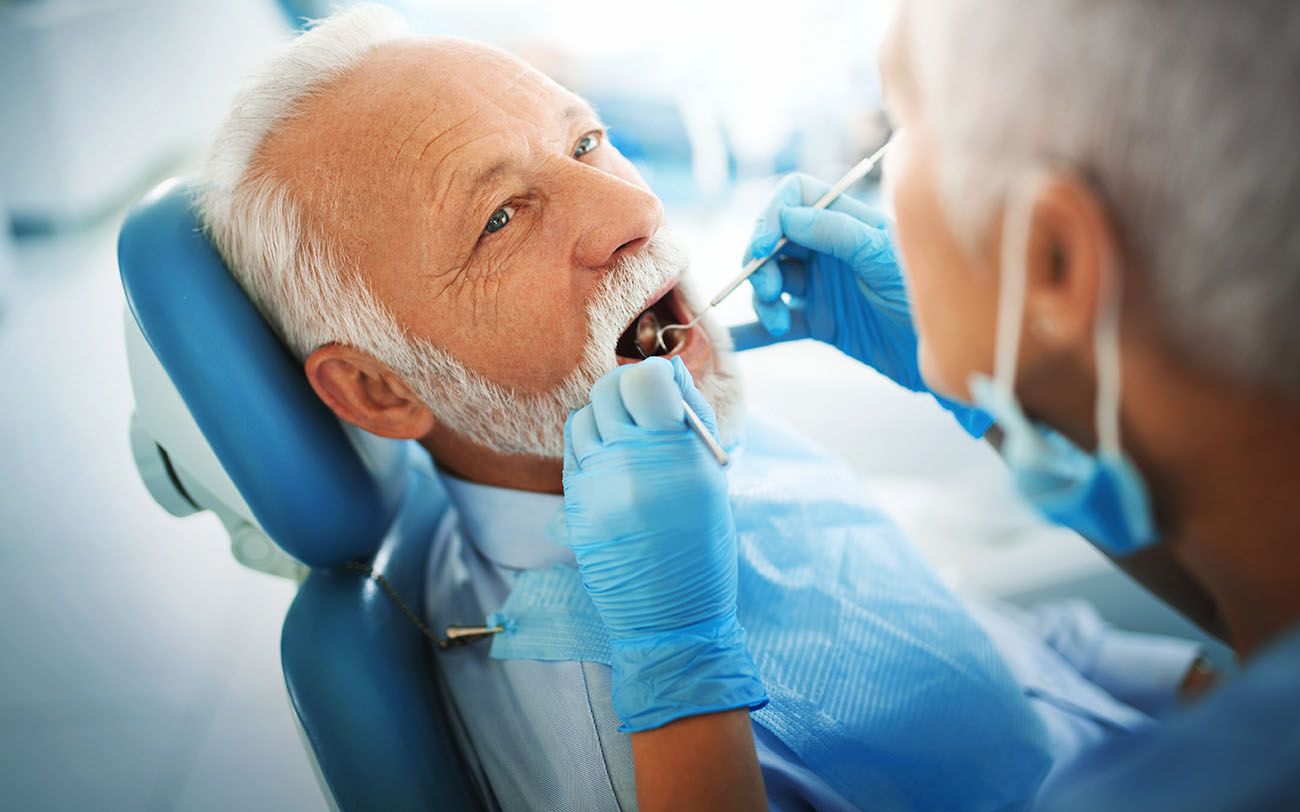A majority of people will get at least one cavity in their lifetimes. Your dentist can treat this early form of tooth decay easily with a dental filling. But if you ignore a cavity, the decay will spread and eat away at more of your dental structure.
Certain behaviors can cause decay to damage your teeth at a faster rate. Seek prompt treatment for cavities and pay attention to your habits to protect your smile. Read on to find three oral habits you might have that could make your tooth decay worse.

Consuming Sugary and Acidic Foods
A cavity occurs when the enamel, the outer layer of the tooth, erodes, allowing bacteria to access the vulnerable part of your tooth and eat away at your smile. The foods and drinks that you consume can play a major role in the erosion of your tooth enamel.
If you want to preserve your dental health and prevent tooth decay, take note of your diet. Acidic foods like citrus fruits will wear down your teeth, so limit these items in your diet. Sugar will become acidic when it reacts with your saliva. So you should aim to reduce the amount of sugar you consume too.
Updating your diet can keep your teeth healthy. While your dentist can treat cavities, it is better to preserve the natural structure of your smile. Ask your dentist for other preventative dentistry tips for improved oral health.
Smoking
Smoking cigarettes and using tobacco products will bring nicotine into your body. Regardless of how you ingest it, nicotine can cause your mouth to produce less saliva. The resulting dry mouth will bring about many oral health concerns.
A dry oral environment allows the natural bacteria in your mouth to spread with greater ease. Bacteria can then reach weakened teeth and cause decay at a higher rate. Cutting out the cause of dry mouth will lower your risk of tooth decay.
Tobacco usage can lead to many medical concerns, including for your oral health. You can talk to your dentist if you need help quitting this habit.
Grinding and Clenching Your Teeth
Many people have a habit of grinding or clenching their teeth, a behavior called bruxism. Though it may annoy people around you, bruxism can also pose a serious risk to your dental health. The grating of the teeth against each other can wear down your enamel.
With the tooth enamel in a weakened state, bacteria can more easily infiltrate the teeth and cause decay. Stress relief exercises can reduce tension in the body which may help with chronic bruxism.
But some patients grind their teeth for other reasons, including bite problems. Your dentist can evaluate your smile, find the cause of your bruxism, and offer appropriate treatment.
When you stop this harmful habit, you can reduce your risk of many dental problems. This can save you both time and money as you will not need as much dental work to restore your smile.
